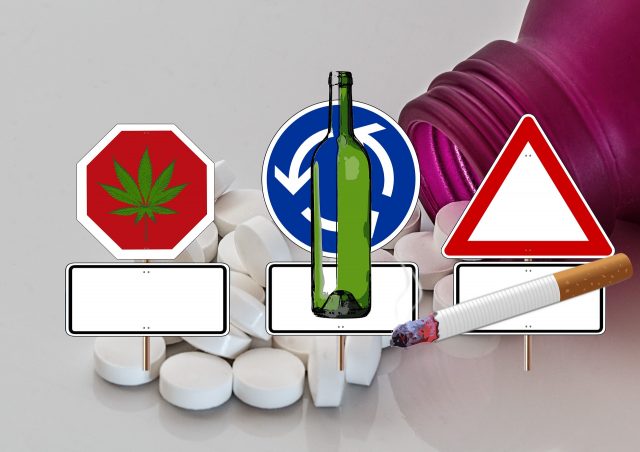Every person is unique and so is every addiction. This is why there are several types of rehabilitation programs, treatment and style philosophies. This is because what works for one person might not work for another.
Types of Rehab Programs
While rehabilitation programs are typically thought of in relation to substance abuse, there are other types of rehab programs as well. Sometimes courts order rehabilitation for some types of offenders, including those who may need assistance in reintegrating into society. These sorts of rehab programs often are built upon similar philosophical perspectives and can be organized in a similar fashion as substance abuse programs. Here are some of the common rehab program types:
Residential rehab programs are those in which the patient is housed during treatment. These are voluntary but participation is also often court-mandated. Patients are supposed to remain in the facility full-time. Some are locked-door programs, with patients being restrained from leaving. Others do not interfere with a client intent on leaving, though they may forbid return. Typically, these intensive rehab programs are 28 days in duration; however, there are some that, when necessary, do last longer.
Halfway houses or sober living houses are aftercare options for patients after they have completed a more traditional rehab program. While patients are residents, they are allowed a good amount of freedom in a sober living home. They are able to go to work or school and, with permission, able to participate in certain recreational activities.
Sourced from:http://www.interventionsupport.com/programs/
Just as there are a variety of programs so are there different treatment approaches. These approaches are used in conjunction with one another. This is to see what the individual responds to best and also to provide wholesome treatment.
Effective Treatment Approaches
Medication and behavioral therapy, especially when combined, are important elements of an overall therapeutic process that often begins with detoxification, followed by treatment and relapse prevention. Easing withdrawal symptoms can be important in the initiation of treatment; preventing relapse is necessary for maintaining its effects. And sometimes, as with other chronic conditions, episodes of relapse may require a return to prior treatment components. A continuum of care that includes a customized treatment regimen—addressing all aspects of an individual’s life, including medical and mental health services—and follow–up options (e.g., community–or family-based recovery support systems) can be crucial to a person’s success in achieving and maintaining a drug–free lifestyle.
Sourced from:http://www.drugabuse.gov/publications/drugfacts/treatment-approaches-drug-addiction

In 1999 there were thirteen principles of effective treatment for drug addiction issued. These principles are used up to date since they were formulated after decades of research. There is sufficient evidence that all the principles must be applied for addiction treatment to be successful.
Principles of Drug Addiction Treatment: A Research-Based Guide.
The guide also describes different types of science-based treatments and provides answers to commonly asked questions.
1. Addiction is a complex but treatable disease that affects brain function and behavior. Drugs alter the brain’s structure and how it functions, resulting in changes that persist long after drug use has ceased. This may help why abusers are at risk for relapse even after long periods of abstinence.
2. No single treatment is appropriate for everyone. Matching treatment settings, interventions, and services to an individual’s particular problems and needs is critical to his or her ultimate success.
3. Treatment needs to be readily available. Because drug-addicted individuals may be uncertain about entering treatment, taking advantage of available services the moment people are ready for treatment is critical. Potential patients can be lost if treatment is not immediately available or readily accessible.
Sourced from:http://addictioninfamily.com/addiction_types/principles-of-drug-addiction-treatment/














